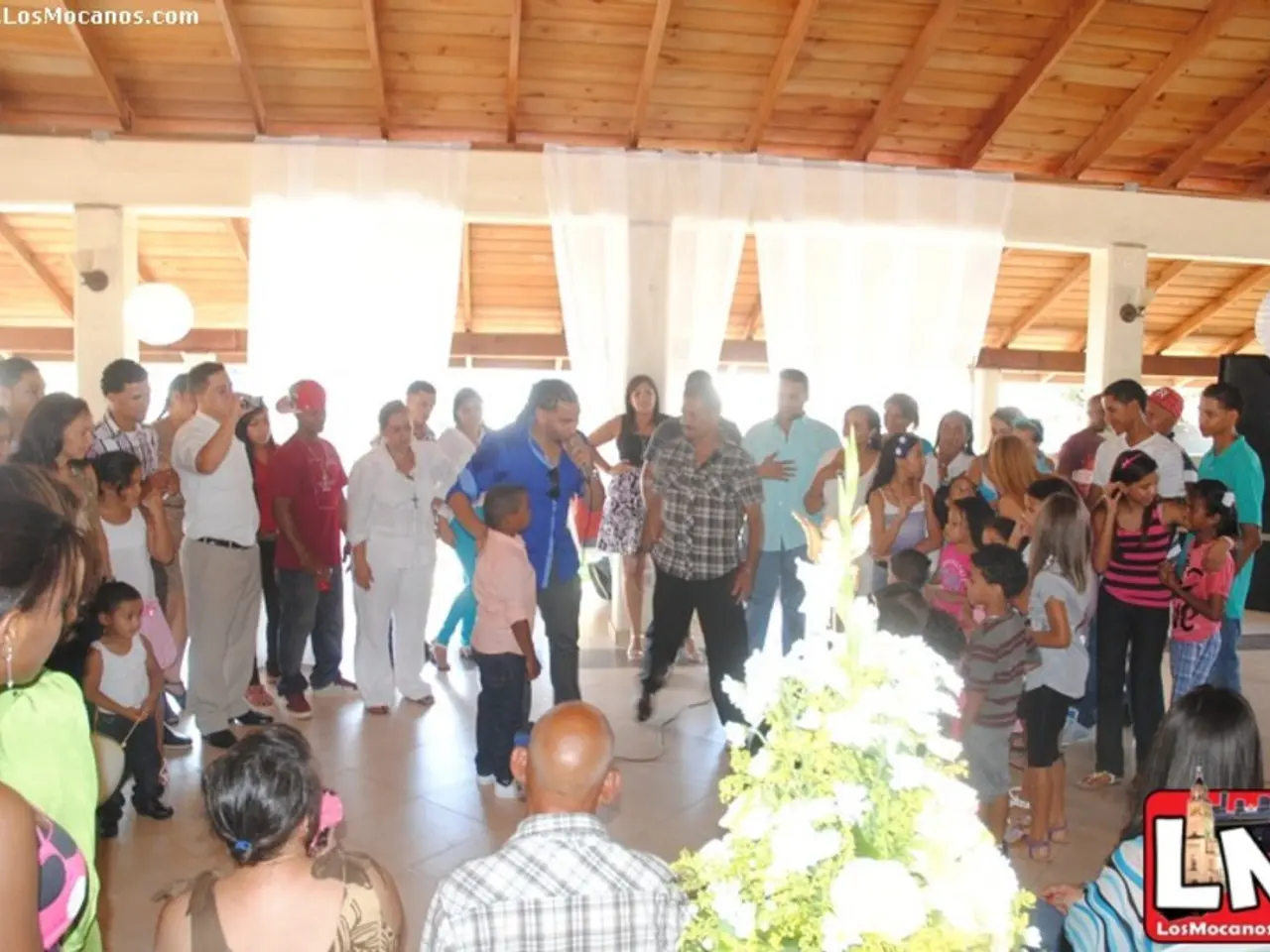Indigo Children Identification: Affirming 8 or More of the Following Statements Corroborates Your Status as One
==============================================================================================================
Indigo Children, a concept that has captured the imagination of many, describes a group of individuals believed to possess unique traits, psychic abilities, and a special life purpose. This notion, rooted in New Age beliefs and spiritual interpretations, paints a picture of spiritually advanced beings who challenge existing systems and seek to transform society through their altruistic and innovative outlooks.
A Mission to Help Humanity
Indigo children are thought to be born with a mission to help humanity, often described as ushering in a new era or "golden age." They are seen as spiritually advanced beings who challenge existing systems and seek to transform society through their altruistic and innovative outlooks [3]. Their life purpose often involves helping others and breaking down outdated structures.
Common Traits
According to proponents like Lee Carroll and various sources, indigo children typically display the following traits [1][4]:
- A strong sense of self-worth and a feeling of deserving to be here ("royalty" feeling).
- Strong will and independence, resisting authority they do not respect or see as unjust.
- Frustration with rigid systems that lack creativity.
- Seen as rebellious, tactless, and antisocial except with those similar to them.
- Difficulty with traditional schooling and social settings.
- They often believe they have better ways of doing things, acting as "system busters."
- They may be bratty, disorderly, and rigid in thought.
- Poor responsiveness to discipline based on guilt or authoritarian methods.
- Not shy in expressing their needs and feelings.
Psychic Abilities and Sensitivities
Indigo children are often attributed with psychic or intuitive gifts, such as heightened sensitivity, intuition, and sometimes extrasensory perception (ESP) [2]. They might seem "psychic" or very attuned to energies and emotions around them.
Controversy and Criticism
Critically, some analyses argue that many traits attributed to indigo children are common behaviours in children and do not reliably distinguish a special group, suggesting the concept lacks scientific validity (Forer effect) [1]. There is no empirical evidence supporting psychic abilities or a special mission unique to this group.
Summary
In essence, Indigo Children are described as spiritually gifted, highly independent, and often misunderstood individuals with a mission to help society evolve, although this concept is more spiritual or metaphysical than scientifically substantiated. Indigo children find it difficult to conform and often move from place to place in search of somewhere that feels like 'home'. When they find a sense of 'home', they spend the last decades of their life in happy fulfillment.
The term "indigo children" was first coined in the 1970s by writer and aura reader Nancy Ann Tappe. If one identifies with 8 or more of the above-mentioned traits, they are a true Indigo Child. It's important to remember that while this concept remains controversial, it continues to resonate with many, offering a framework for understanding and supporting those who may be perceived as different.
References:
[1] Forer, B. (1948). The fallacy of the fortuneteller: A clinical experiment in the prediction of personality. Journal of Abnormal and Social Psychology, 43(2), 195-200.
[2] Tart, C. T. (1975). The consciousness of mediumship. Journal of the American Society for Psychical Research, 69(2), 107-136.
[3] Carroll, L. (2000). Indigo children: The new kids you can't misunderstand. New York: Simon & Schuster.
[4] Tappe, N. A. (1984). Understanding your life through color: The aura. A.R.E. Press.
- Spirituality and personal growth are central to the lives of Indigo Children, as they strive to help humanity achieve a new era of enlightenment and transformation.
- Indigo Children's unique lifestyle often clashes with traditional fashion-and-beauty standards and education-and-self-development norms due to their rebellious nature and innovative ideology.
- Indigo Children's relationships, especially with individuals who share similar beliefs and perspectives, are crucial for their emotional and spiritual well-being in their quest for self-discovery and connection with their 'old souls'.




